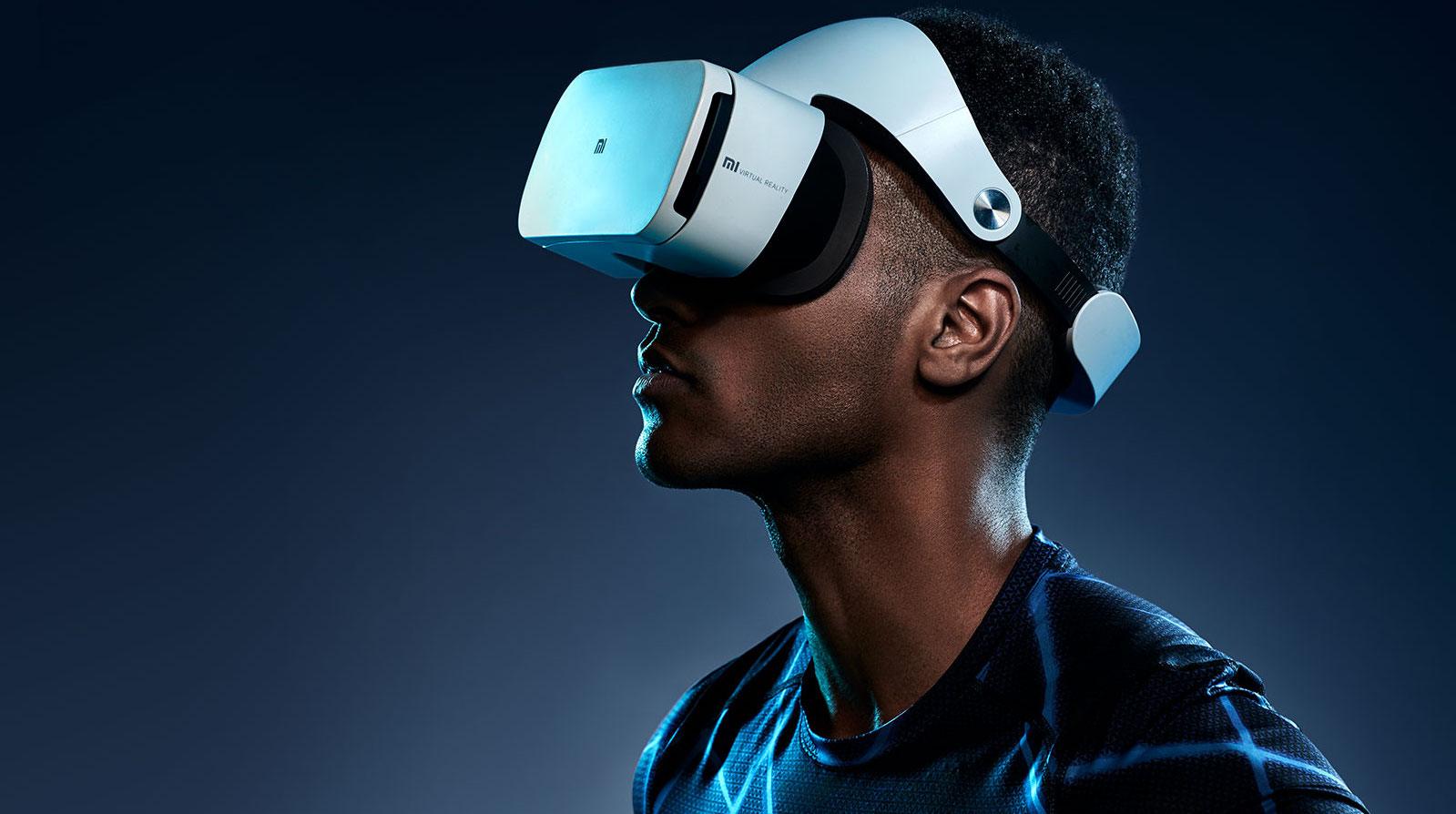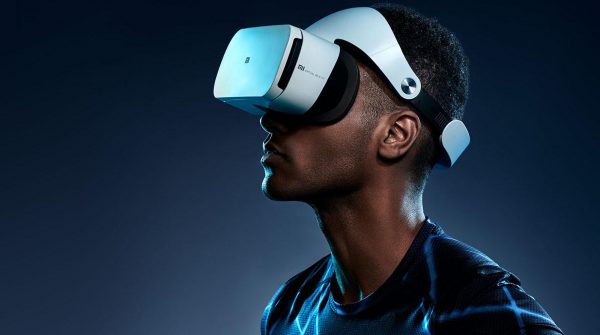Virtual Reality is one technology that has the potential to change the way we live. Its impact can be seen across various fields from entertainment to travel and space exploration.
One industry that shows the most promise, however, is the healthcare industry. Virtual Reality is already impacting this industry in various ways and this will only advance in the future.
Let’s consider some way in which Virtual Reality is poised to impact the healthcare industry for the better. This is by no means an exhaustive list as we are only scratching the surface of how VR will transform healthcare forever.
Virtual Reality As A More Efficient Tool To Conquer Phobias
Exposure therapy is the standard technique used in the treatment of anxiety disorders.
In exposure therapy, the patient, under the supervision of a psychologist, is exposed to the situations that trigger his/her fears. Through continual exposure, the person learns that these situations are not as terrifying as they seem, thus overcoming his/her fears.
With the advent of virtual reality, exposure therapy will become more efficient and less daunting. For instance, if someone has a fear of public speaking, Virtual Reality will help them face their fears better by creating virtual audiences for them to act in front of.
This will make it possible for patients with anxiety disorders to undergo exposure therapy in the comfort of their homes.
Pain Management
Medical experts now welcome the prospect of utilising VR to help patients find relief from pain.
They are already aware of the fact that placing patients in virtual worlds can provide them with relief from acute pain. Recent research also suggests that this can be used in the treatment of chronic pain as well as.
This is effective because it distracts the patients from the unpleasant pain and prompts them to focus on the virtual environment that surrounds them.
Robotic Virtual Surgery
Robotic virtual surgery is becoming more widespread than ever because it is a more seamless and reliable way to perform medical procedures.
In this kind of surgery, a human surgeon controls a robotic device which performs the actual surgical procedure. The surgeon interfaces with the robot using VR technology.
VR has also found its way to Telesurgery which allows doctors to perform surgeries on patients even though they are not in the same location with the patients. Using technology called force feedback, the surgeon can measure the amount of pressure applied when performing delicate procedures.
Medical Education and Training
VR technology provides an immensely effective avenue for medical students to explore the anatomy of the human body without having to actually access one.
There are several VR dynamic models in the works which will allow students to understand the human body better with minimum risks.
Source:
NCBI
Featured Image Source: Copperberg


